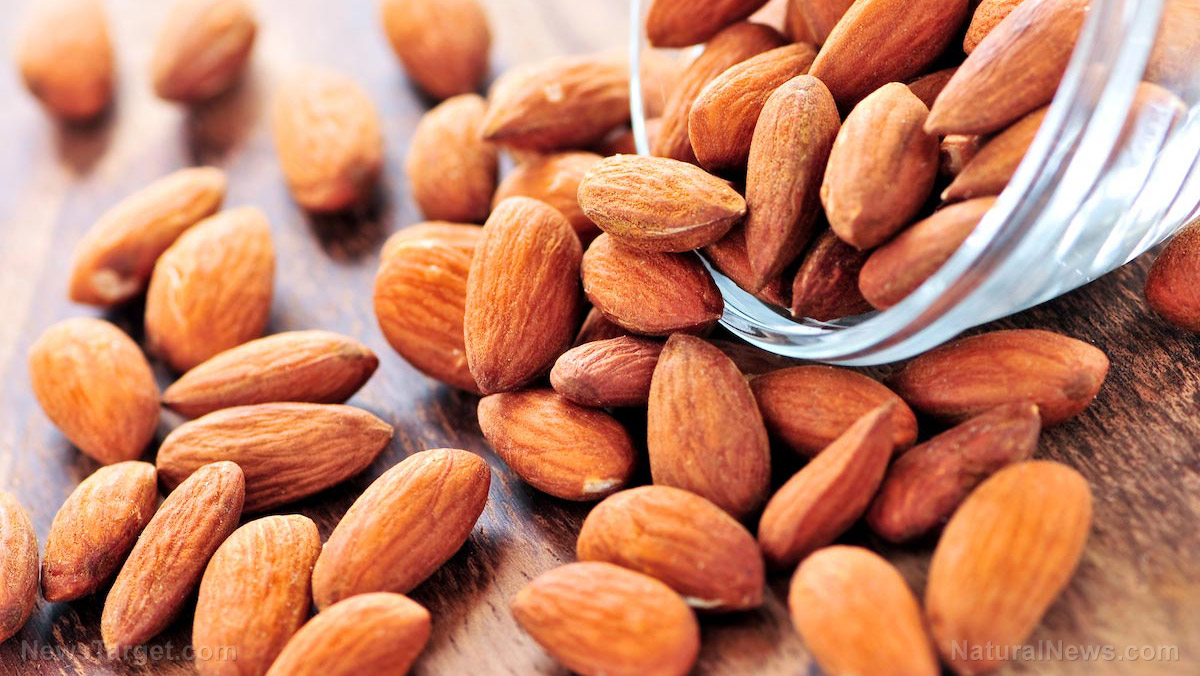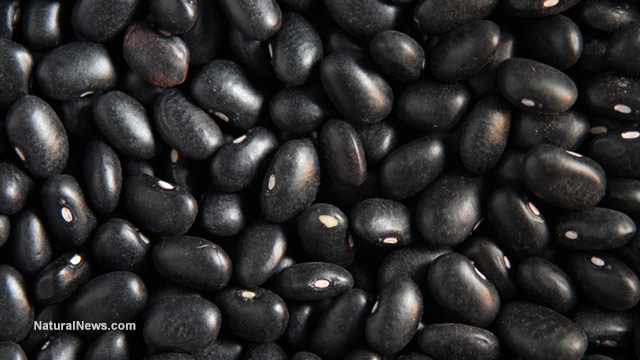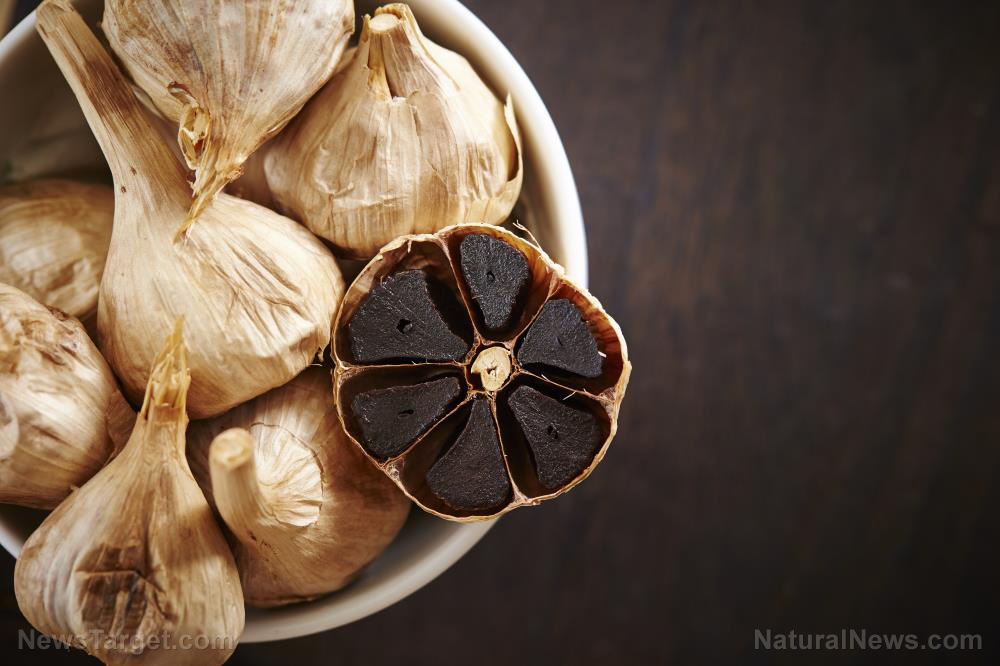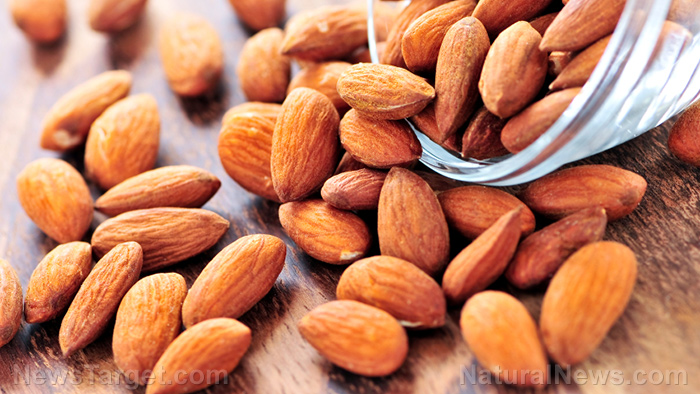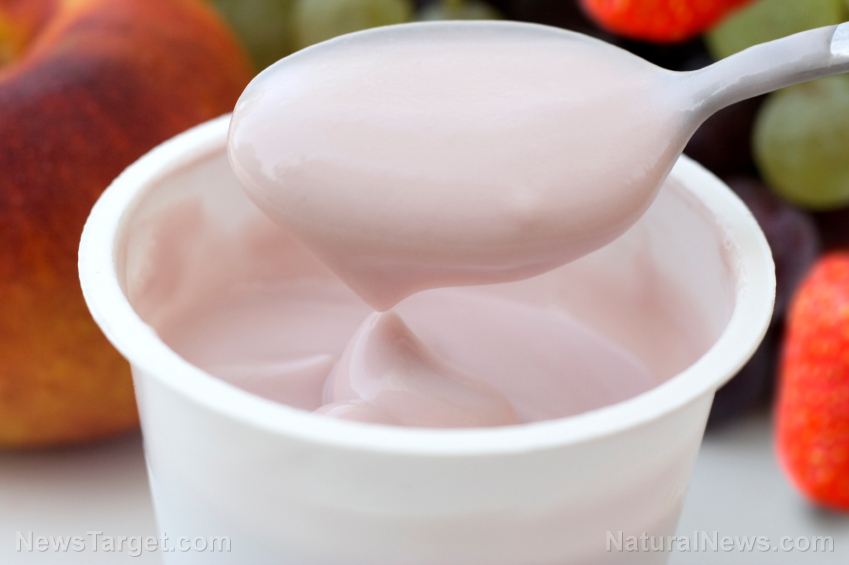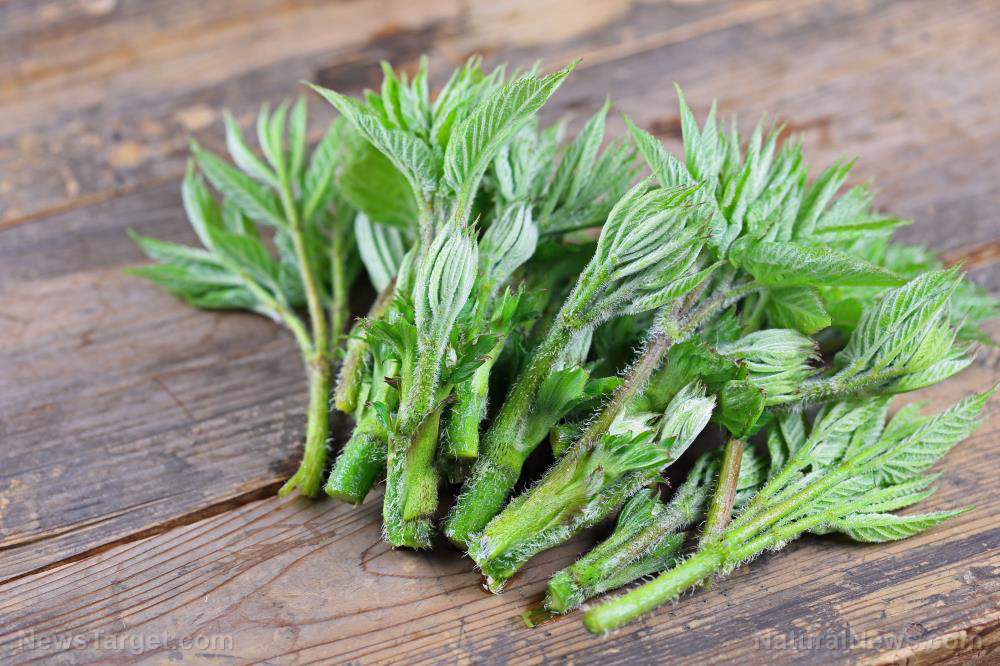Avocados are a superfood you should be eating every day
10/25/2018 / By Zoey Sky

The creamy and versatile avocado is a popular superfood for a reason. When eaten in moderate amounts, avocados can help keep your heart in good shape.
Avocados contain unsaturated or “good” fats that can help boost cardiovascular health.
Avocados also contain fiber and biologically active components of plants called phytochemicals that offer various health benefits.
They can:
- Boost heart health – Avocado contains fats and fiber that can help lower your risk of cardiovascular disease.
- Promote eye, skin, and bone health – Avocado has phytochemicals like carotenoids and phytosterols that can help reduce oxidative and inflammatory stress.
- Reduce low-density lipoprotein (LDL) cholesterol – The unsaturated fats in avocados can help keep LDL or “bad” cholesterol in check. (Related: Avocados protect you from diabetes by regulating your cholesterol levels.)
If you’re wondering if avocados can make you fat, you can rest easy. While avocados are rich in mono- and polyunsaturated fats, these can help lower your risk of heart disease and stroke. Data from clinical trials have consistently confirmed that consuming avocado can help lower your LDL cholesterol and boost your lipid and lipoprotein profiles.
Did you know that eating avocados can help you lose weight? According to studies, the moderate consumption of avocados and other healthy fats may promote weight loss via its effect on satiety. Avocado’s dietary fiber and water content can make you feel full so you’re less likely to overeat throughout the rest of the day. If you want to lose or maintain your current weight, integrate avocados into a DASH (Dietary Approaches to Stop Hypertension) or Mediterranean-style diet.
Don’t try to eat avocado pits or seeds. There are people who believe you should also consume the pit of an avocado since it has beneficial antioxidants and fiber, but the California Avocado Commission warns against this practice. Even though preliminary studies have revealed that an avocado seed does have various phytochemicals, studies have only examined their functional properties in rats, in vitro, or topically. To date, there are no studies that have looked into the effects or safety of eating the entire avocado pit for humans.
The following nutrition stats apply to a serving size of half an avocado:
- 114 calories
- 6 g carbohydrates
- 5 g fiber
- 1 g protein
- 10.5 g total fat (16 percent Daily Value [DV])
- 1 g saturated fat
- 0 g sugar
- 345 mg potassium (10 percent DV)
- 20 mg magnesium (5 percent DV)
- 6 mg vitamin C (10 percent DV)
- 0.2 mg vitamin B6 (10 percent DV)
Like with other foods, you must consume avocados in moderation. Keep serving sizes to 1/4 to 1/2 an avocado per meal or snack. Don’t eat more than a whole avocado per day.
Here are the top five suggestions for preparing avocados:
- Blending an avocado to make a smoothie.
- Making an avocado chocolate mousse.
- Making creamy pasta sauces, like avocado pesto.
- Putting avocado in a salad to make it more filling.
- Substituting it for mayo in egg salad or tuna sandwiches.
Fast facts on avocados
The avocado is the fruit of the avocado tree (Persea americana).
- Avocado is native to Central America and Mexico.
- Avocado has a smooth and creamy texture, and it contains more fat than other fruits.
- Avocado has a unique nutrition profile. This fruit contains fiber and nutrients like copper, potassium, and B-vitamins, vitamins C, E, and K.
- You can eat avocados raw, but they are often used to make dishes such as guacamole.
- There are various types of avocados with different colors, sizes, and shapes.
- Most avocados are pear-shaped to round. They come in various shades of green that range from pale green to almost black when fully ripe.
- The most popular cultivar is the Hass avocado, which is round with a black skin.
You can learn more about avocados and their benefits to overall health at Fruits.news.
Sources include:
Tagged Under: avocados, cardiovascular health, Diets, eat healthily, food cures, Fresh, fruits, functional food, grocery cures, healthy fats, heart health, nutrients, nutrition, organics, phytochemicals, phytonutrients, weight loss

